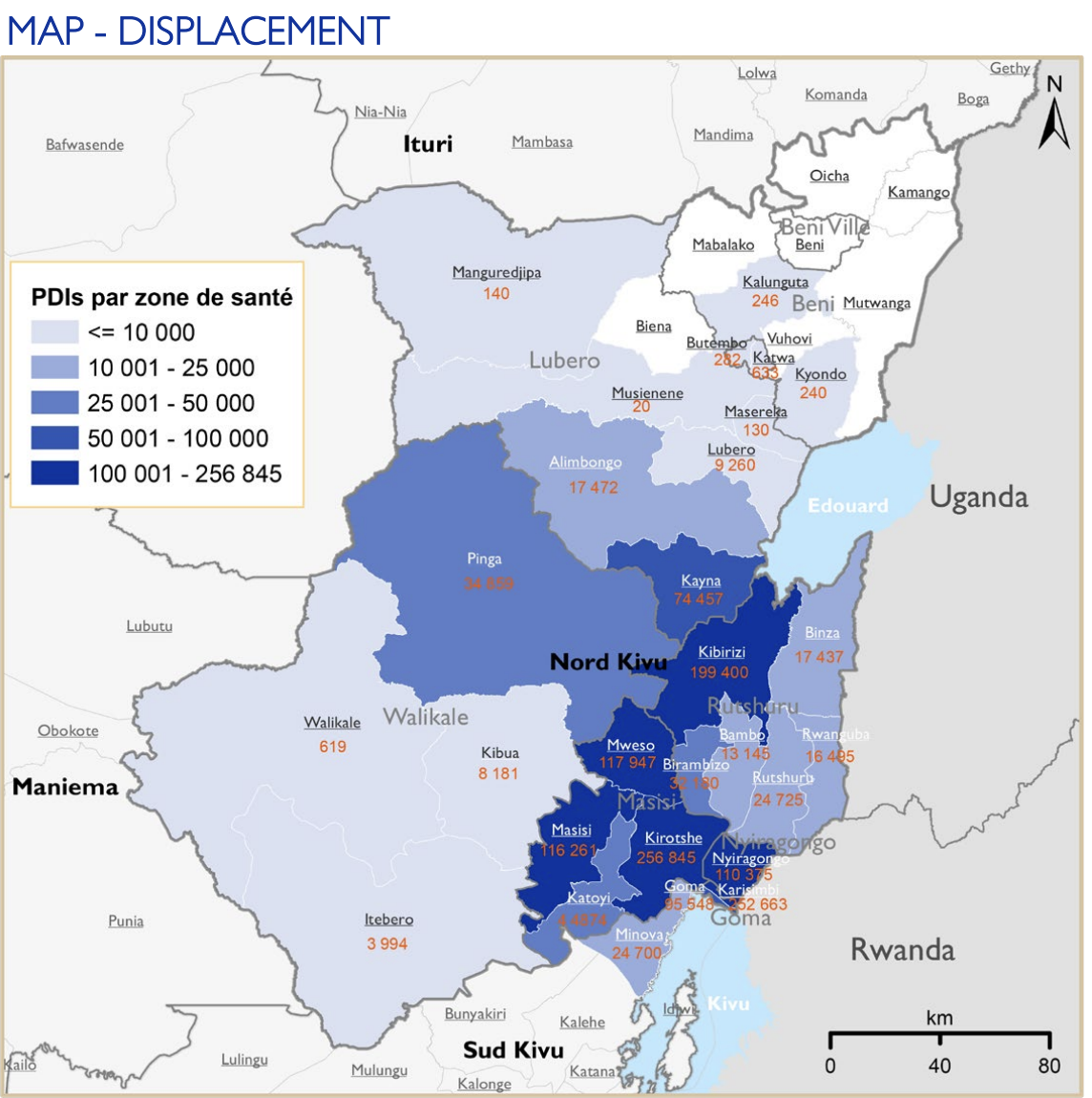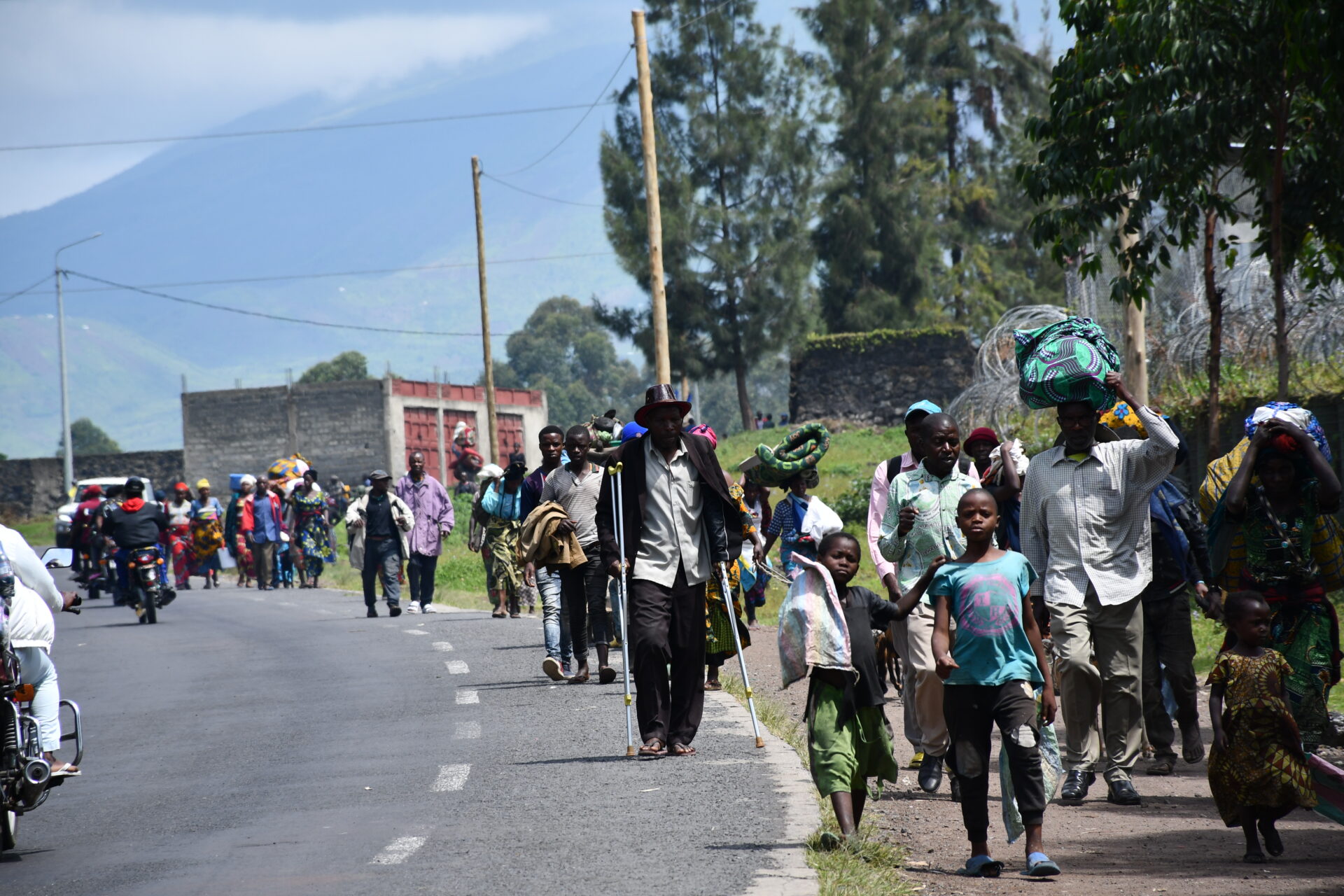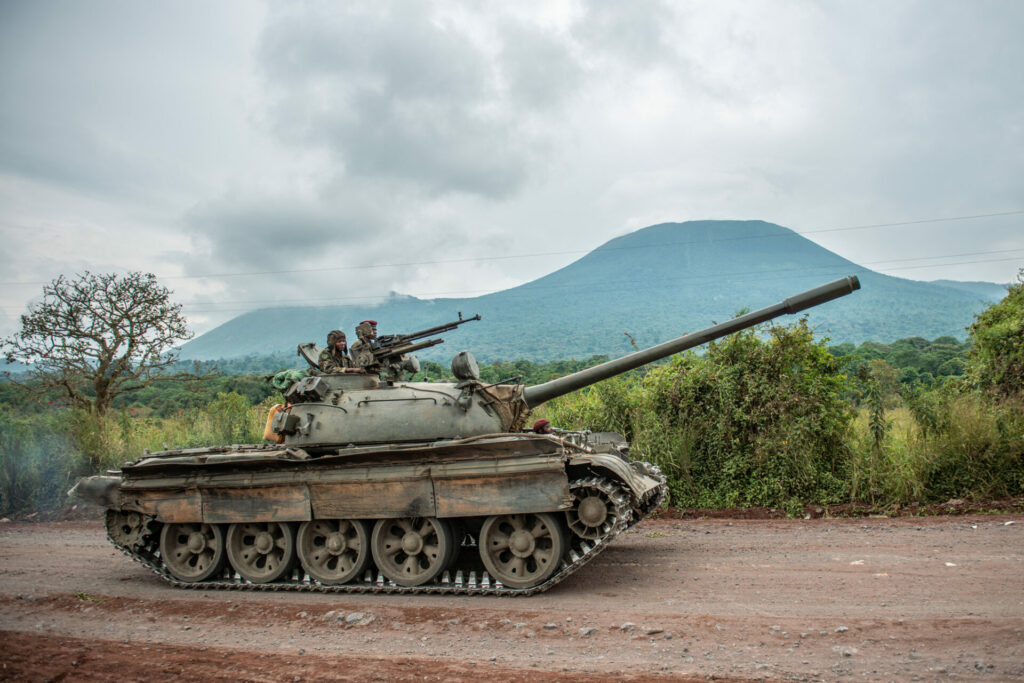The Belgian Ministry of Foreign Affairs has condemned the surging violence in North Kivu, Democratic Republic of Congo (DRC) while calling on the Rwandan government to stop funding the M23 rebel group.
Violence perpetrated by armed groups has devastated the east and northern regions of the former Belgian colony for years.
Eastern DRC has more than 5.5 million displaced people, including 2.5 million in North Kivu alone – where the violence "adds to an already very challenging situation for the civilian population in the east of the country," says the Belgian Foreign Ministry.
The insurgent M23 armed rebel group, known as the March 23 movement, is once again at the centre of the violence as they fight the Congolese Armed Forces in the bid to seize more territory. They are behind numerous atrocities committed against the civilian population in the region.
M23 is made up largely of ethnic Tutsis, and it is now generally accepted by UN experts that the rebel group is funded and supported by the neighbouring Rwandan Army. The situation has deteriorated further following the withdrawal of several East African Community (EAC) force bases from the affected territories.
On 7 February, the group has placed the city of Goma, the capital of North Kivu, under siege. M23 fighters had reportedly seized the strategic town of Sake, on the outskirts, before concentrating their efforts on capturing the regional capital.
There are also 135,000 displaced people heading for Goma, many from villages like Saka which have been seized by rebels, and the fighting makes humanitarian intervention near-impossible for aid workers.

North Kivu displacement. Credit: IOM
"The solution to any conflict, whatever it may be, is never military," recalled the Belgian Foreign Minister Hadja Lahbib. Diplomatic efforts, within the framework of regional processes, must be relaunched, and the actors must engage constructively with the efforts of the United States, she added.
The DRC was plunged into chaos during its disputed elections last December, which saw a landslide victory for incumbent Felix Tshisekedi, but the opposition has called the election a sham. Calls for ethnic-based violence increased in the aftermath of the elections.
In the statement, Belgium also echoed the words of the United Nations High Commissioner for Human Rights Volker Türk last month by condemning the rising hate speech and calls for violence.

Displaced people around Goma. Credit: Belga
"Hateful, dehumanising and inciteful rhetoric is abhorrent and can only deepen tension and violence in the DRC itself, as well as putting regional security at risk," High Commissioner Türk had said in January.
Belgium stressed that it remains a committed partner for humanitarian assistance to the Congolese population, while also adding it would continue its work assisting with the reform of the Congolese security sector. "Finally, we have to address the root causes of the conflict. This is how the population will be able to flourish and prosper," Lahbib said.
Belgium will continue to work in this direction, so the populations of the eastern DRC and the Great Lakes Region can live in peace and security.

